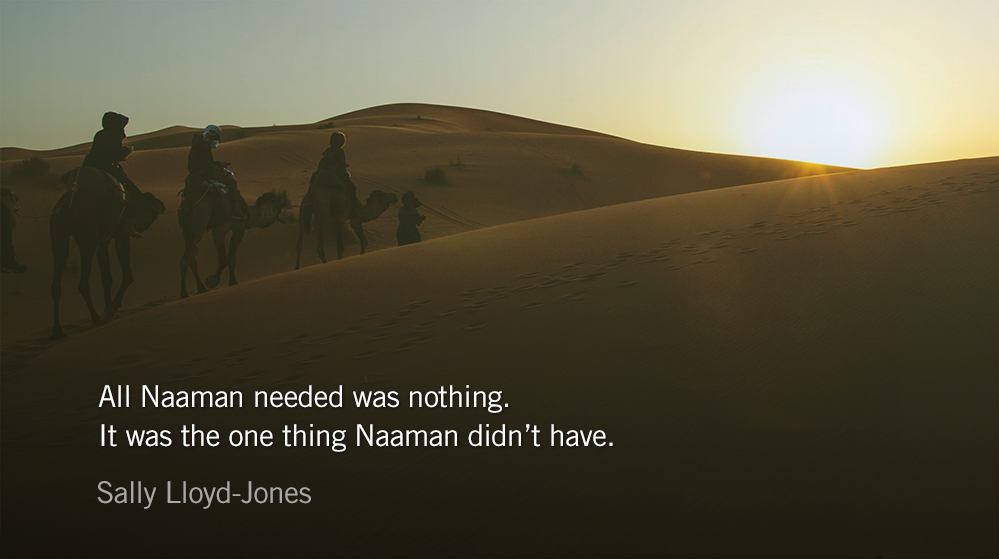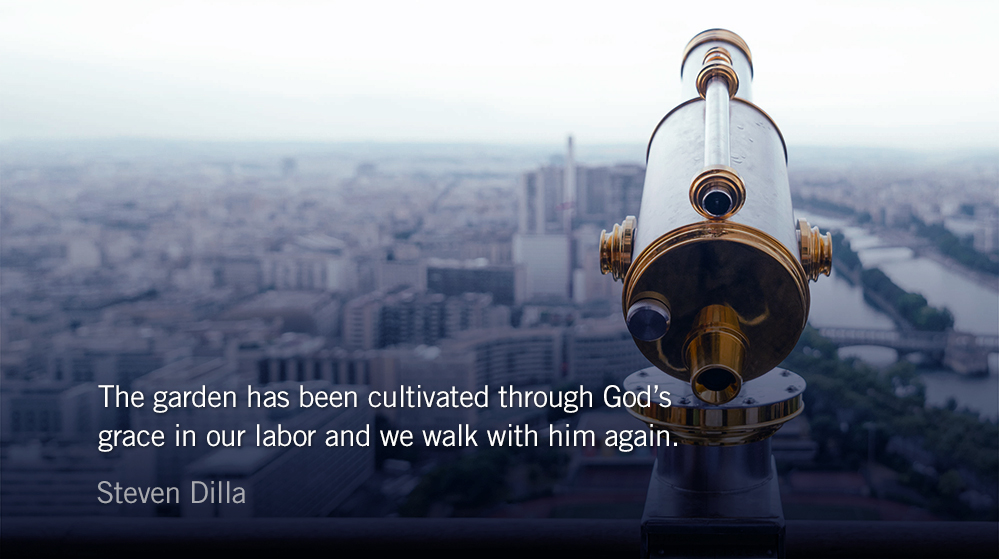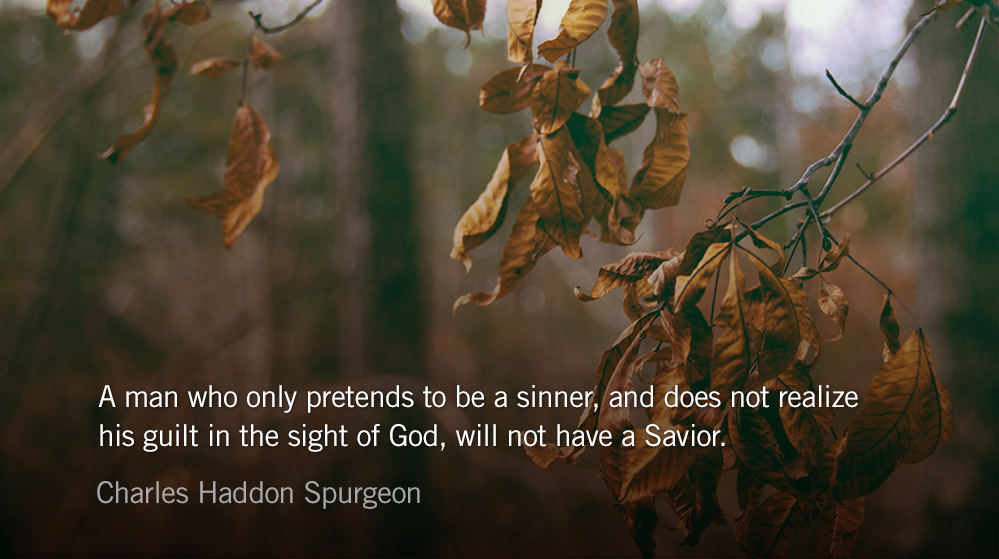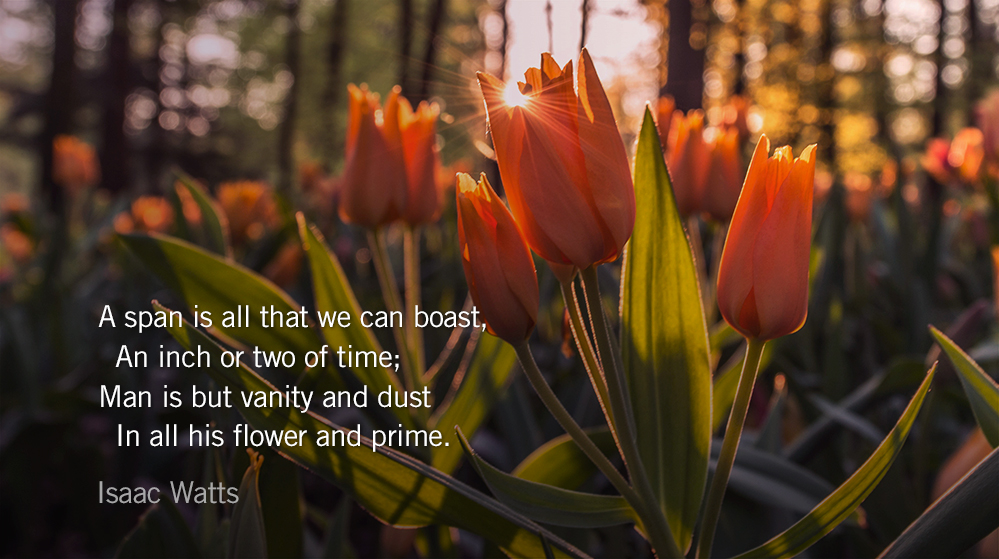Truly no man can ransom another, or give to God the price of his life. — Psalm 49.7
For most of the first minute immediately after our third child was born earlier this summer she didn’t take the deep breath a baby should take, nor give way to the first joyous cry. It was an agonizing expanse of time.
I began to plead in prayer but, more than any other time in my life, felt the reality that I had nothing with which to bargain. Nothing I have, control, or can manifest was worth her life—even everything combined didn’t seem to come close. I was simply at the mercy of God.
Though our daughter drew her first breath—releasing her beautiful cry into the world—and has done wonderful since, something inside me changed that night. I was confronted with my insufficiency.
This experience is part of what Sally Lloyd-Jones gets at when she explains the story of Naaman to children in her book The Jesus Storybook Bible. Naaman’s miraculous healing from leprosy requires he leave the comfort and control of his incredible riches and power. Lloyd-Jones imagines what he must have thought upon hearing God’s plan:
“I am Naaman. I am important. I should do something important so God will heal me!” And he rode off in rage. (Of course, you and I both know, that’s not how God does things. All Naaman needed was nothing. It was the one thing Naaman didn’t have.)
The Scriptures do not speak of our temporal reality in order to demean us, but to awaken us. Though we have much, the way to eternal life is to have nothing. Though we succeed, the way to transcended peace is to release it all and rest in the mercy of God. As the Psalmist writes:
For God sees that even the wise die; the fool and the stupid alike must perish and leave their wealth to others. Their graves are their homes forever, their dwelling places to all generations, though they called lands by their own names. Man in his pomp will not remain; he is like the beasts that perish.
For though, while he lives, he counts himself blessed and though you get praise when you do well for yourself—his soul will go to the generation of his fathers, who will never again see light. Man in his pomp yet without understanding is like the beasts that perish.
Today’s Reading
Ezekiel 10 (Listen – 3:16)
Psalms 49 (Listen – 2:10)






